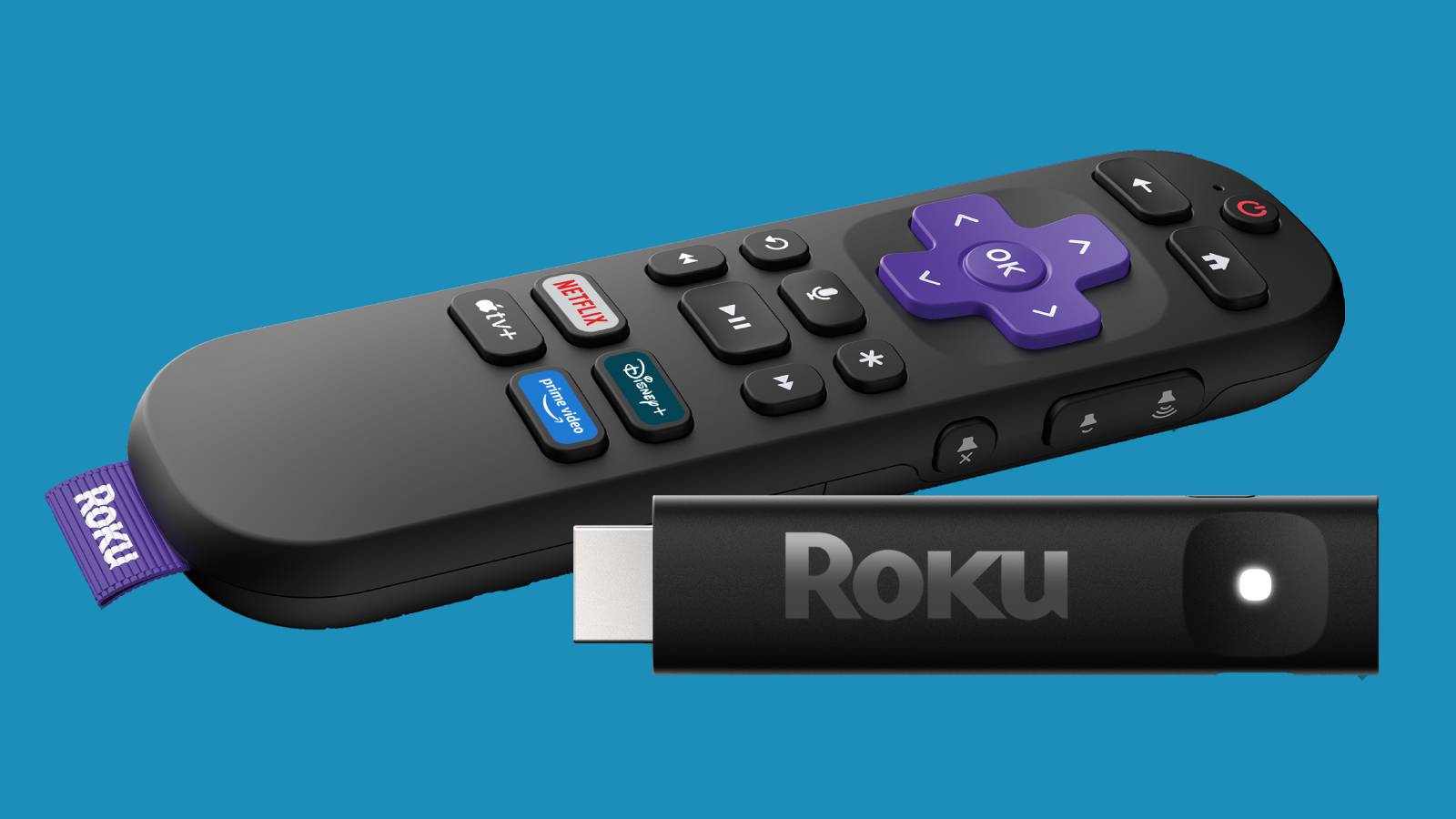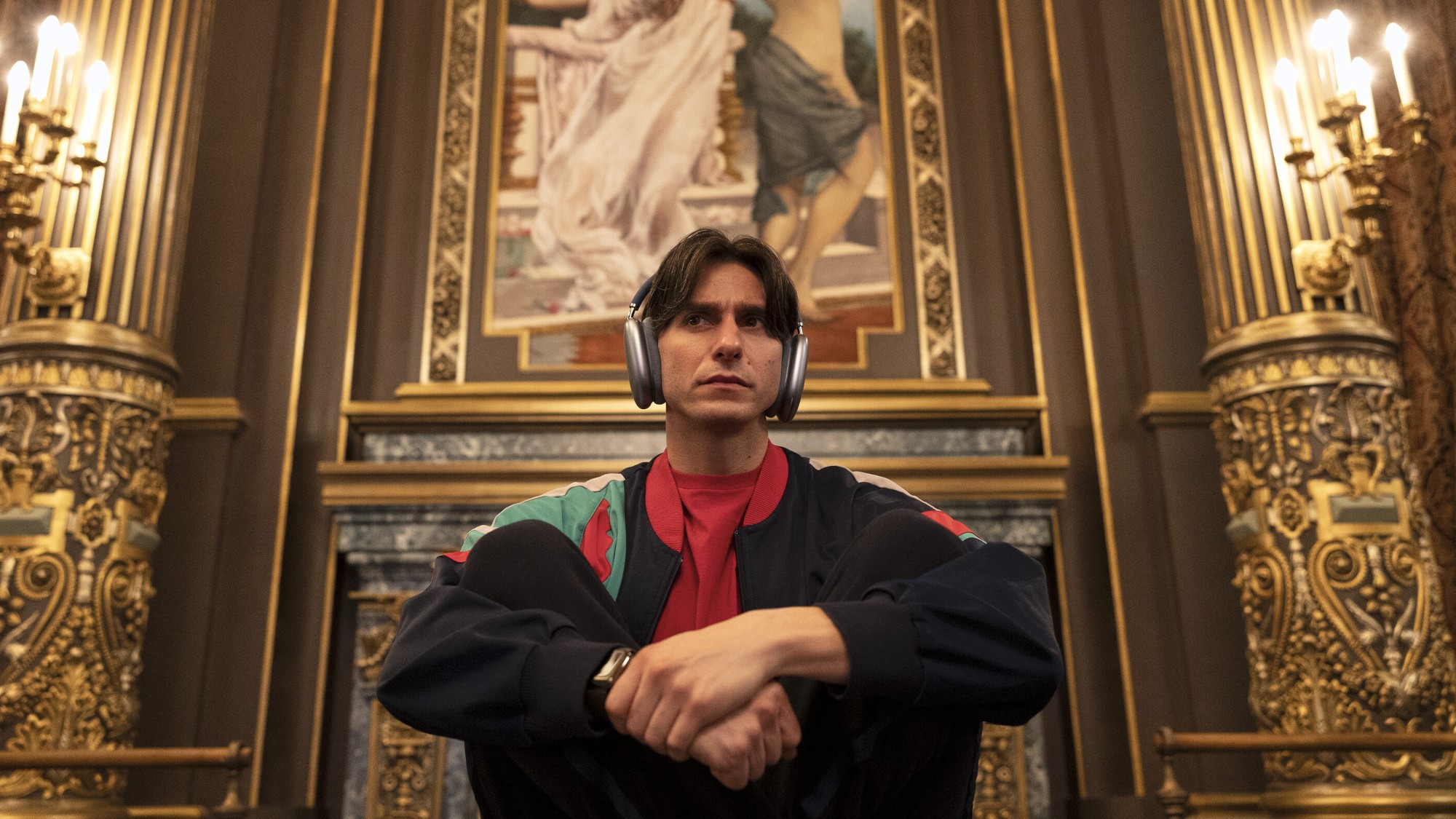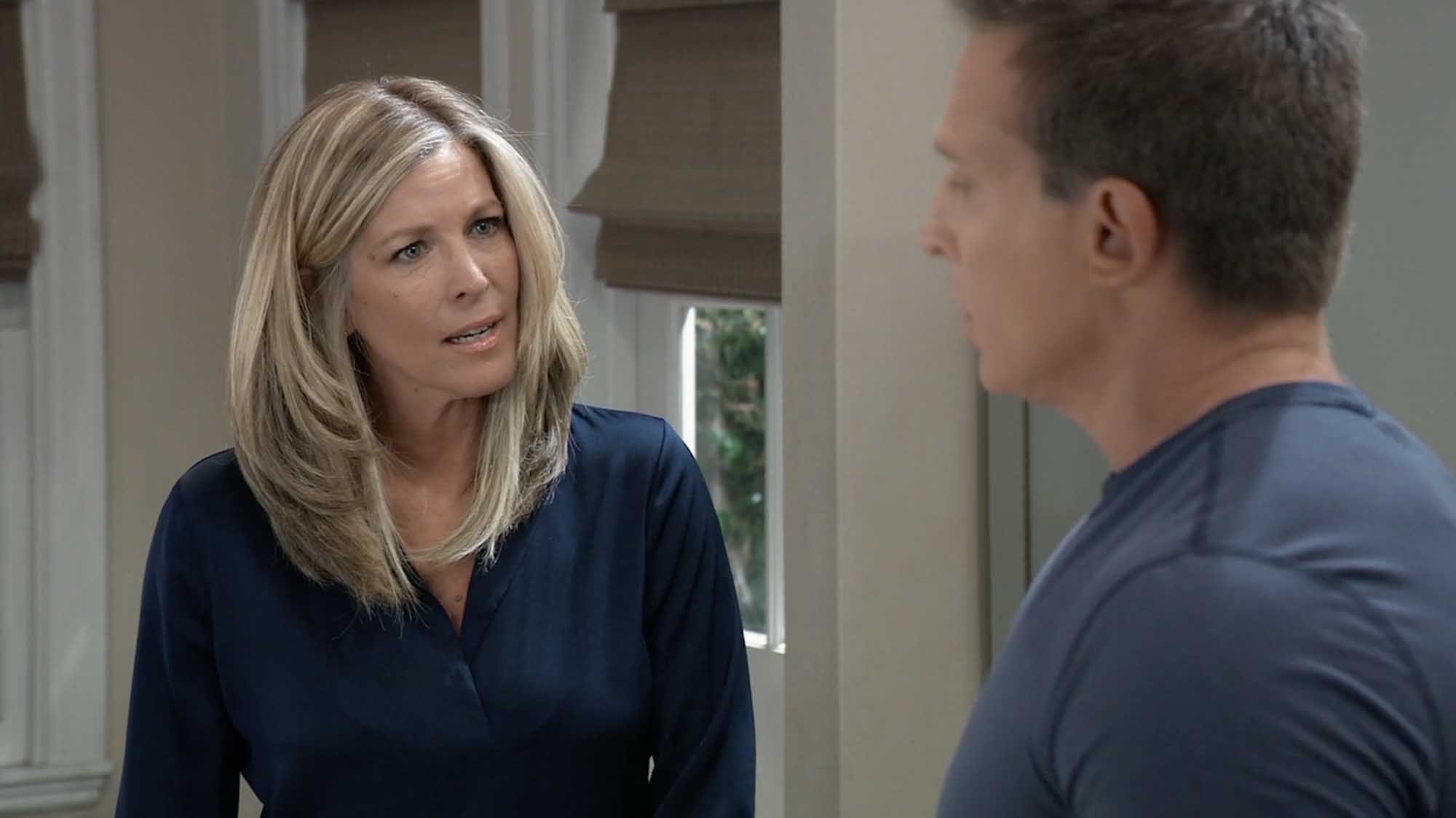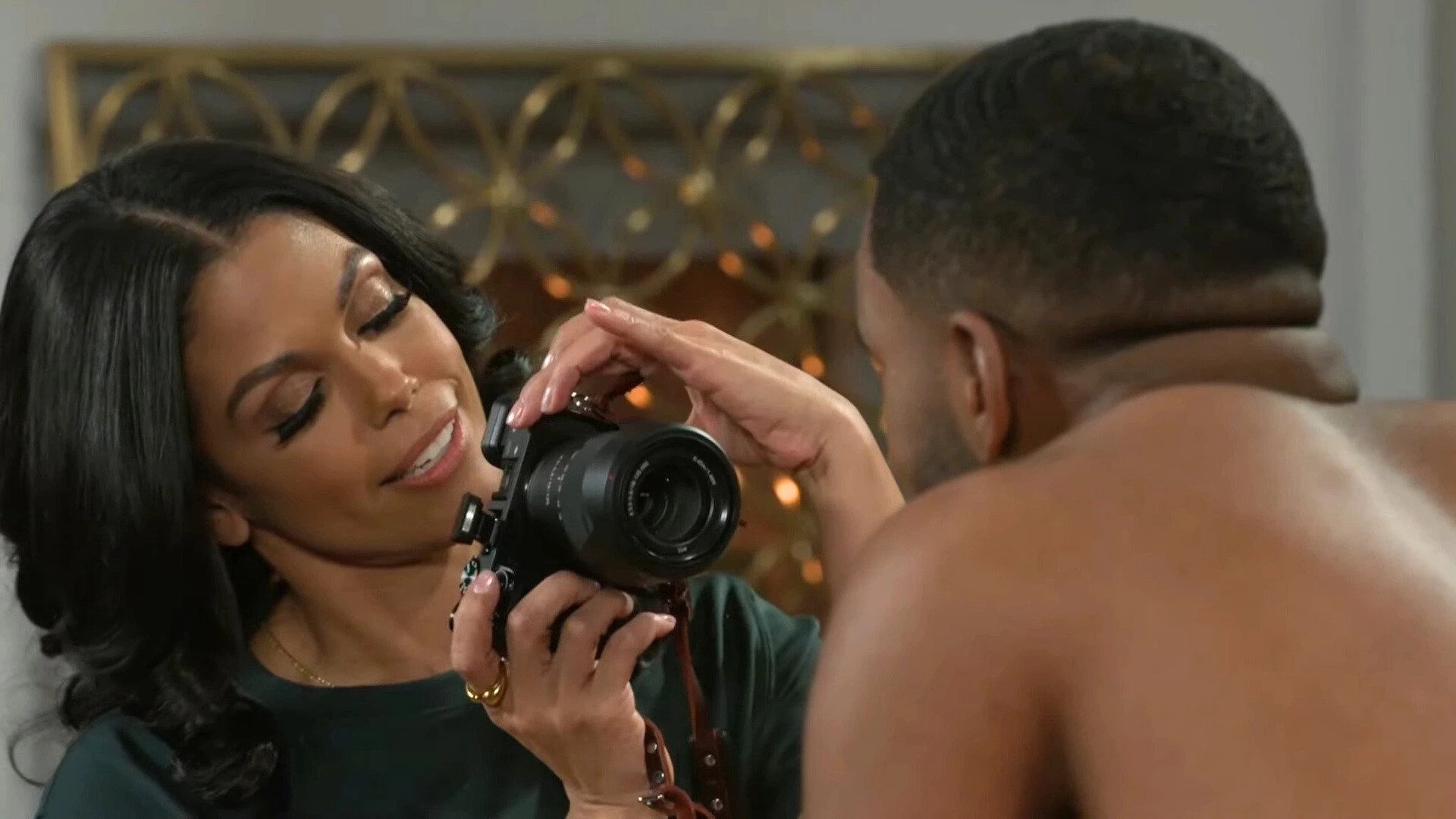YouTube TV finally gives its version of its dust-up with Roku
Google continues to call Roku's claims of search manipulation "baseless" and says Roku wanted to hamstring the YouTube app.
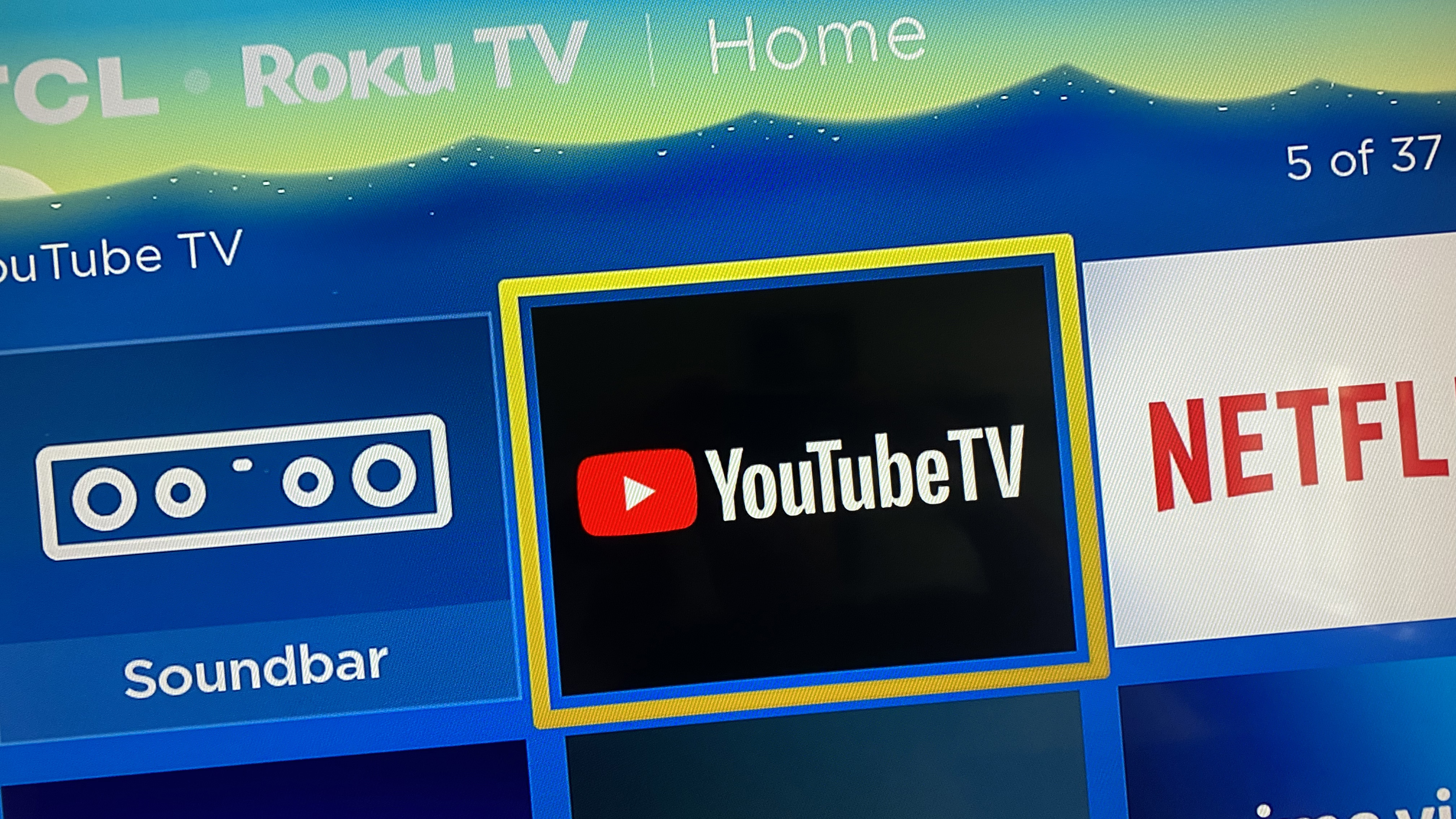
We're two days into the Great Roku-Google War of 2021, which has now seen Roku bar any new YouTube TV users on its platform — and Google is finally starting to give its side of the story.
Yes, the cliche often is true. There's one side, and the other side, and the truth. But so far it's been Roku doing most of the talking — it fired the first shots publicly — with Google doing little more than calling Roku's claims "baseless," which is the sort of thing companies (and their lawyers) say when the dealmaking moves from closed boardrooms to the public square.
But in a 400-word blog post on April 30, Google lays out its version of events.
"We’ve been working with Roku to renew our deal to distribute YouTube TV on their devices," the post, bylined by the "YouTube Team," opens. "Despite our best efforts to come to an agreement in the best interests of our mutual users, Roku terminated our deal in bad faith amidst our negotiation."
Why do Google and YouTube need a deal at all? Because Roku, as the saying goes in the business, owns the rails. And YouTube (which we're going to use interchangeably here with Google because for these purposes they're the same thing) generates revenue off YouTube TV. When you watch an ad that's sold by YouTube TV, Google gets money. When you sign up for HBO Max within YouTube TV, Google gets money. And so Roku wants a cut of that revenue, which makes perfect sense and is something the other platforms do, too.
Whether Roku actually terminated the deal "in bad faith," as Google says, almost certainly is in the eye of the beholder.
The post continues: "Unfortunately, Roku has often engaged in this tactic with other streaming providers." Says Google — and it probably isn't supposed to know about deals with other services on its platform — but it's small world, and this wouldn't be surprising in the least. Same goes from the other direction, too. It's entirely possible that Google has been playing hardball with the likes of Amazon and Apple, it's just that they worked it out, or at least didn't make a public stink about it.
Get the What to Watch Newsletter
The latest updates, reviews and unmissable series to watch and more!
Google goes on to explain in four bullet points what it says have been its "[negotiations] in good faith on behalf of our YouTube TV members."
Weird, but ok. I uninstalled the @YouTubeTV app on @roku just to see what’d happen. Went to reinstall it and it shows as a private channel. pic.twitter.com/RtgDO8fl37April 30, 2021
Reasonable, unfair, and everything in between
According to Google, the talks first started with the idea that they'd renew the current deal. And, in fact, Google says it's still willing to do that — "renew the YouTube TV deal under the existing reasonable terms." That's in direct opposition to what Roku has called "Google's unfair terms."
So, fine. Google thinks the current deal is OK, and Roku doesn't. Welcome to business negotiations, boys and girls. That said, we don't have any idea what that deal actually comprises. And that's actually important, because by that logic Roku would have had to already accept some of the things that it's accused Google of wanting.
In its initial email to customers, Roku wrote that "we cannot accept Google's unfair and anticompetitive requirements to manipulate your search results, impact the usage of your data and ultimately cost you more." Does that mean that Roku can't accept those things as part of a new deal? Or it can't accept them any longer as it has in the current deal — in which case it means it accepted them in the first place.
We're perhaps parsing a little too much from a customer-facing email that designed to pit those same customers against someone else they're giving money to, which really just makes this whole thing that much more silly, because if you're using a Roku device, Roku already has your money. It has nothing left to lose by blaming Google.
YouTube TV versus YouTube proper
Then things start to get even more confusing. Google says that "Roku chose to use this as an opportunity to renegotiate a separate deal encompassing the YouTube main app, which does not expire until December."
Anyone who's used YouTube TV and YouTube knows that they're apples and oranges in comparison. Both are fruits, but they're really not the same thing in the slightest. (Which actually is sort of amazing considering how much Google has crammed into YouTube over the years. Full movies, YouTube Music, etc.) But given that they're both owned by Google, you could see how one could end up as a pawn in the negotiations for the other.
Google then goes on to say that there are technical requirements that its platform partners — platforms like Roku or Apple or Amazon (and you remember when YouTube wasn't always available on Amazon devices, right?) — have to meet "to ensure a high quality experience on YouTube."
Google says that Roku "requested exceptions that would break the YouTube experience and limit our ability to update YouTube in order to fix issues or add new features." It then uses open-source video codecs — the method by which digital video and audio are coded and decoded — as an example of something Roku doesn't (or might not) support, meaning that you couldn't watch YouTube in 4K HDR or in 8K. We're not going to dive down that FOSS rabbit hole, but you can see for yourself what Roku tells developers here.
And finally, Google says pretty clearly that it never "made any requests to access user data or interfere with search results. This claim is baseless and false." That seems pretty straightforward, but we could imagine someone on both sides having different definitions of "access user data" or "interfere with search results." Google actually opened that bullet point with "We can't give Roku special treatment at the expense of users," which really sounds like it's saying it's doing whatever it's doing with Roku with everyone else — and that takes us back to defining whatever those things are.
So what the hell does it all mean?
Google closes with the following:
"We understand the concern members may have about this and we don’t take this lightly. We are committed to ensuring our members continue to have access to YouTube TV and will continue advocating on behalf of our members."
Google made more than $6 billion in YouTube ads the past three months — and that was about 50 percent more than it made in the same period a year ago. Of course it doesn't take any of this lightly.
But what none of this does is make it any better for the two companies to pull their customers into the war. It's unseemly at best. Roku did it — and did so first — because it's not Google. Because it didn't have a total of $55 billion in revenue the previous quarter. (Roku had $1.7 billion in revenue in all of 2020.) Google is battling back because it has to — it can't let the little guy push it around, even if the little guy happens to have the No. 1 streaming platform in the United States, and the second largest in the rest of the world.
Fortunately, customers of YouTube TV and Roku have plenty of options, should they decide they don't want to be used this way anymore. And most of those options hit the same price points.
Phil spent his 20s in the newsroom of the Pensacola (Fla.) News Journal, his 30s on the road for AndroidCentral.com and Mobile Nations and is the Dad part of Modern Dad.


